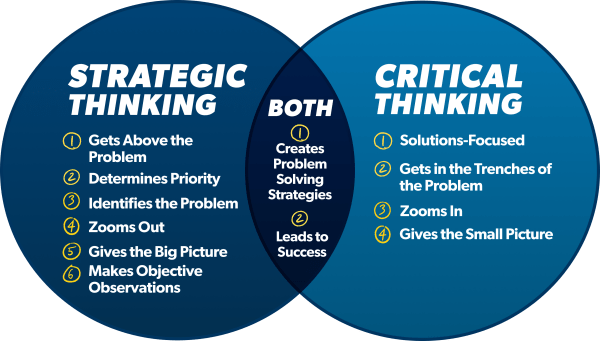Are Air Traffic Controllers Strategic Experts? A Deep Dive into Strategy and ATC Roles
Keywords: strategy meaning, origin of strategy, air traffic controller skills, strategic thinking in aviation, ATC decision making, are ATCs strategic experts
What Does “Strategy” Really Mean?
The word “strategy” has its roots in ancient Greece. It comes from the Greek term “strategia” (στρατηγία), which literally translates to “generalship”—the art of leading an army.
- “Stratos” (στρατός) means army
- “Ago” (ἄγω) means to lead
Originally, the concept of strategy was strictly military, referring to a general’s ability to plan, coordinate, and execute large-scale operations to defeat an enemy. Over time, the term evolved and found relevance in business, sports, politics, and technology, where long-term planning, resource allocation, and goal-oriented actions are crucial.
Today, strategy is often defined as a high-level plan to achieve one or more goals under conditions of uncertainty.

Air Traffic Controllers: Masters of Real-Time Decision Making
Air Traffic Controllers (ATCs) are responsible for one of the most demanding jobs in modern transportation—ensuring the safe and efficient flow of aircraft in the skies and on the ground. Their environment is high-pressure, fast-paced, and unforgiving of error.
But does this make them strategic experts?
Let’s examine objectively.
Strategic Thinking in ATC: Tactical and Operational Mastery
While ATCs are not strategic experts in the traditional or academic sense, they do apply several strategic elements in their daily work, particularly in tactical and operational decision-making. Here’s how:
✅ Where ATCs Demonstrate Strategic Thinking:
- Airspace Management:
ATCs constantly assess traffic volume, reroute flights, and adjust spacing to optimize the airspace.
This requires short-term strategic foresight. - Conflict Detection and Resolution:
Identifying potential collisions or bottlenecks and resolving them ahead of time demands high-level anticipation and prioritization. - Sequencing and Flow Control:
Efficiently sequencing departures and arrivals at busy airports involves real-time resource allocation and time management. - Adapting to Change:
Weather conditions, emergencies, or unexpected delays require ATCs to make rapid, informed decisions—often without a script.
These aspects reflect applied strategic thinking in a dynamic and safety-critical environment.
❌ Where ATCs Are Not Considered Strategic Experts:
- Long-Term Aviation Planning:
ATCs don’t design airspace structures, aviation policies, or organizational strategies. These tasks fall under regulatory bodies, planners, and policy makers. - Organizational Leadership:
Unlike corporate strategists or military generals, ATCs usually do not engage in enterprise-level strategic decision-making. - Cross-Domain Strategy Development:
Their role is domain-specific, not geared toward solving broad, multidisciplinary challenges over the long term.
So, Are ATCs Experts of Strategy?
No, not in the full-spectrum sense of the term. However, they are experts in applying tactical and operational-level strategy—often under intense pressure and time constraints. Their skills align closely with situational awareness, risk assessment, real-time coordination, and decision accuracy.
In many ways, ATCs embody a specialized form of strategy—one that’s crucial for maintaining the safety and efficiency of global aviation.
Conclusion: A Specialized Strategic Role
While the historical and academic roots of strategy lie in broad, long-term planning, Air Traffic Controllers bring strategy to life in the moment-to-moment flow of airspace control. They may not be generals or CEOs, but they operate at a level of precision and foresight that few professions can match.
In that sense, ATCs may not be strategic experts by title, but they are certainly strategic thinkers by practice.


